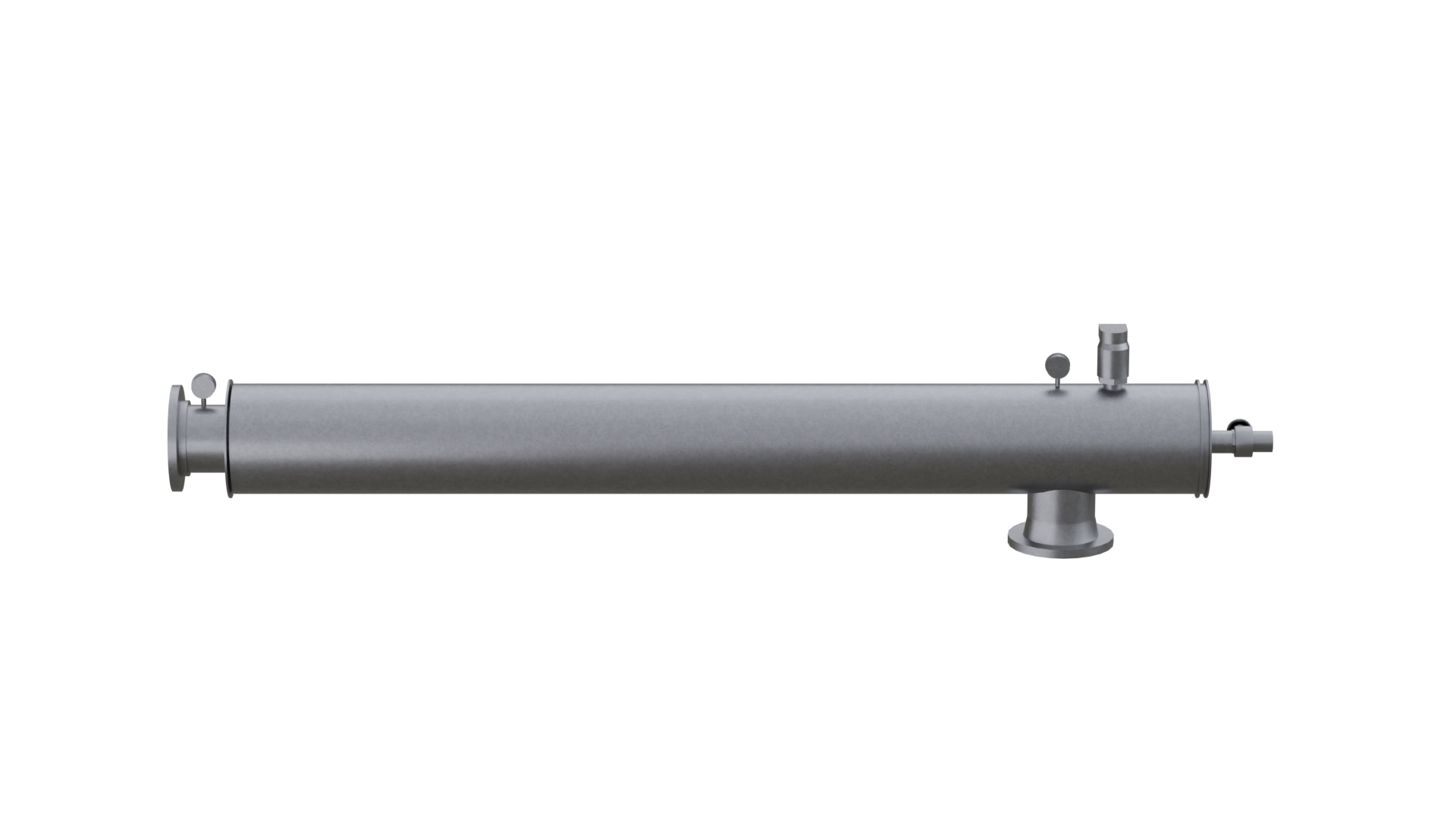Optimizing Leach Field Performance: The Crucial Role of Advanced Filtering Systems
Questions?
Contact us for more information.
Leach fields, integral components of septic systems, play a pivotal role in treating wastewater in areas not connected to centralized sewage systems. They are designed to safely and effectively disperse liquid waste into the soil, where natural processes further break down contaminants. However, the efficiency of a leach field is heavily reliant on the quality of filtration preceding it. Without effective filtration, solids can enter the leach field, leading to blockages, reduced efficiency, and potential environmental hazards. Enter advanced filtering systems, the unsung heroes ensuring the longevity and functionality of leach fields.
The Challenge of Maintaining Efficient Leach Fields
A leach field's primary function is to disperse liquid waste, allowing the soil to act as a natural filter, removing harmful bacteria and other contaminants. However, if solids from the septic tank flow into the leach field, they can cause blockages in the distribution pipes and reduce the soil's ability to absorb liquid. Over time, this can lead to system failures, unpleasant odors, water pooling on the surface, and potential groundwater contamination.
Advanced Filtering Systems: A Proactive Solution
To safeguard the efficiency and longevity of leach fields, integrating advanced filtering systems into the septic system is paramount. These filters are strategically placed between the septic tank and the leach field, ensuring that only adequately treated wastewater reaches the soil.
The operation of these advanced filters is both efficient and effective. As wastewater exits the septic tank, it passes through the filter, which captures and retains any remaining solids. This ensures that the water entering the leach field is free of larger particulates that could compromise its functionality.
The Transformative Impact
With the integration of advanced filtering systems:
Extended Leach Field Lifespan: By preventing solids from entering the leach field, these filters reduce the risk of blockages and system failures, ensuring the leach field remains functional for a more extended period.
Environmental Protection: With effective filtration, the risk of groundwater contamination is significantly reduced, ensuring the safety of local water sources and ecosystems.
Reduced Maintenance Costs: A well-functioning leach field, free from blockages, requires less frequent maintenance and repairs, leading to cost savings for homeowners.
Consistent System Performance: With a reliable filtering system in place, homeowners can have peace of mind knowing that their septic system is operating efficiently, reducing the risk of unexpected issues or system failures.
Conclusion
In the realm of wastewater treatment, where the balance between human needs and environmental responsibility is delicate, advanced filtering systems stand out as essential tools. By ensuring the optimal performance of leach fields, they play a crucial role in safeguarding both the environment and the investments of homeowners. As we continue to seek sustainable solutions for wastewater management, the importance of such advanced systems in ensuring the health of our ecosystems and communities cannot be overstated.

